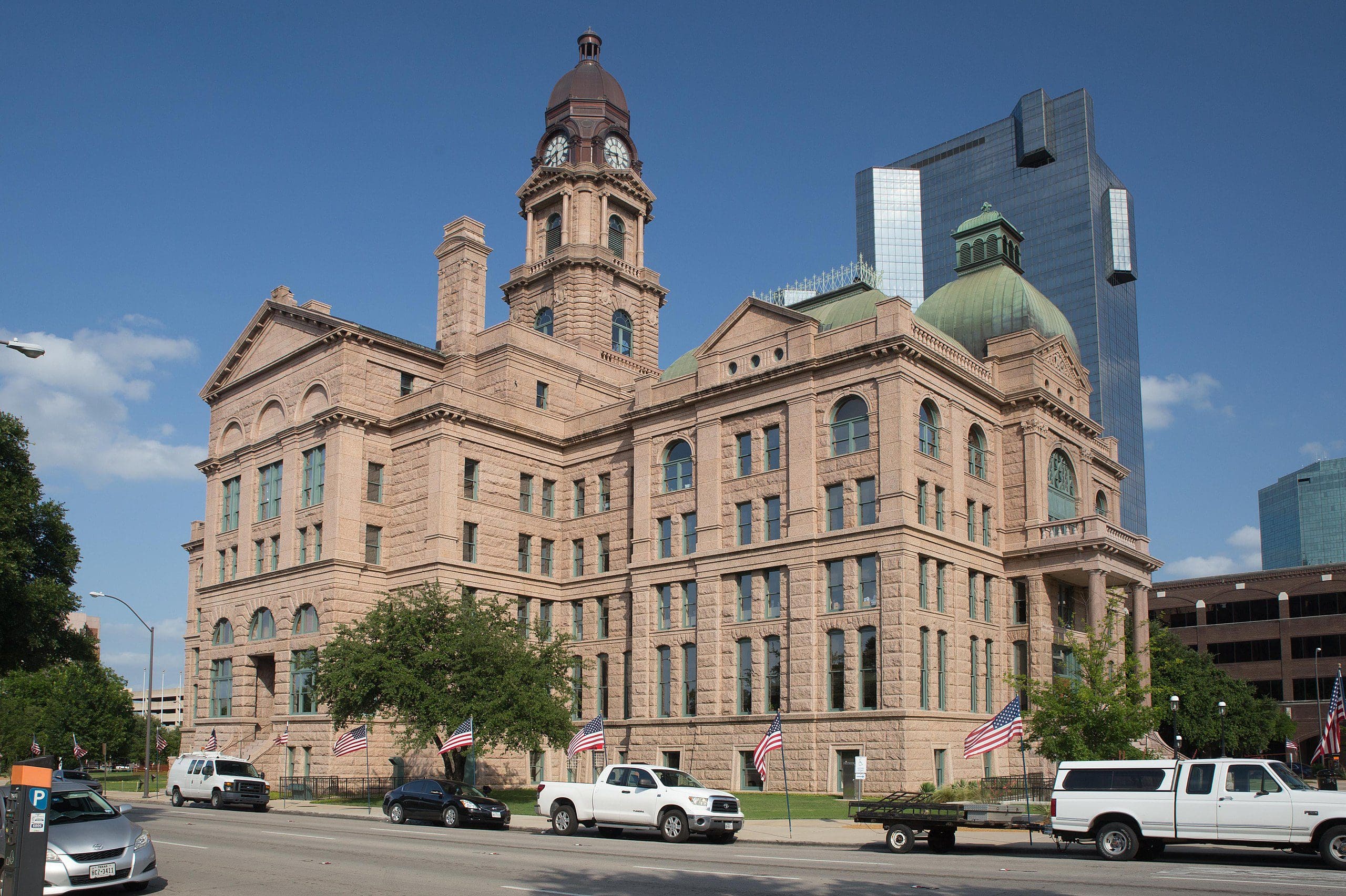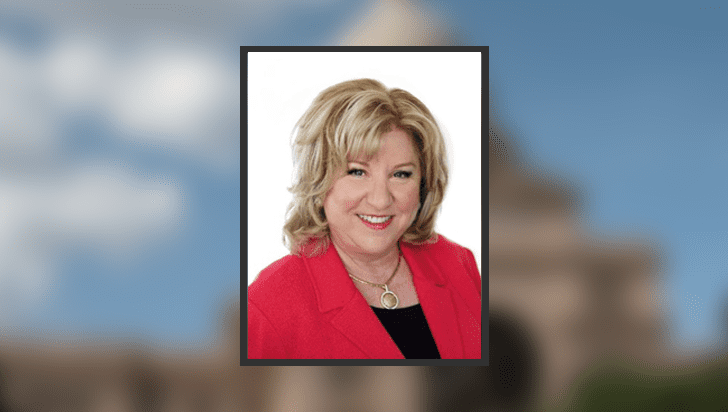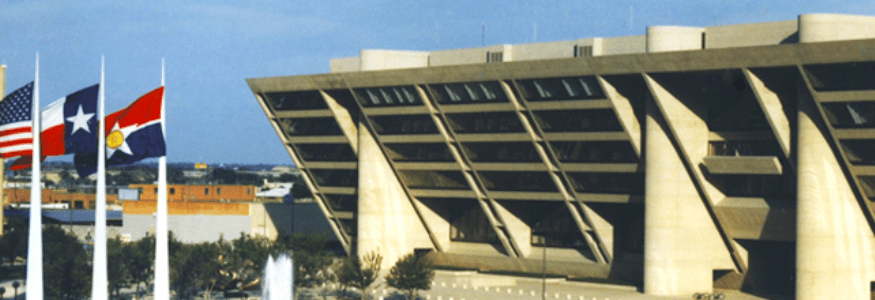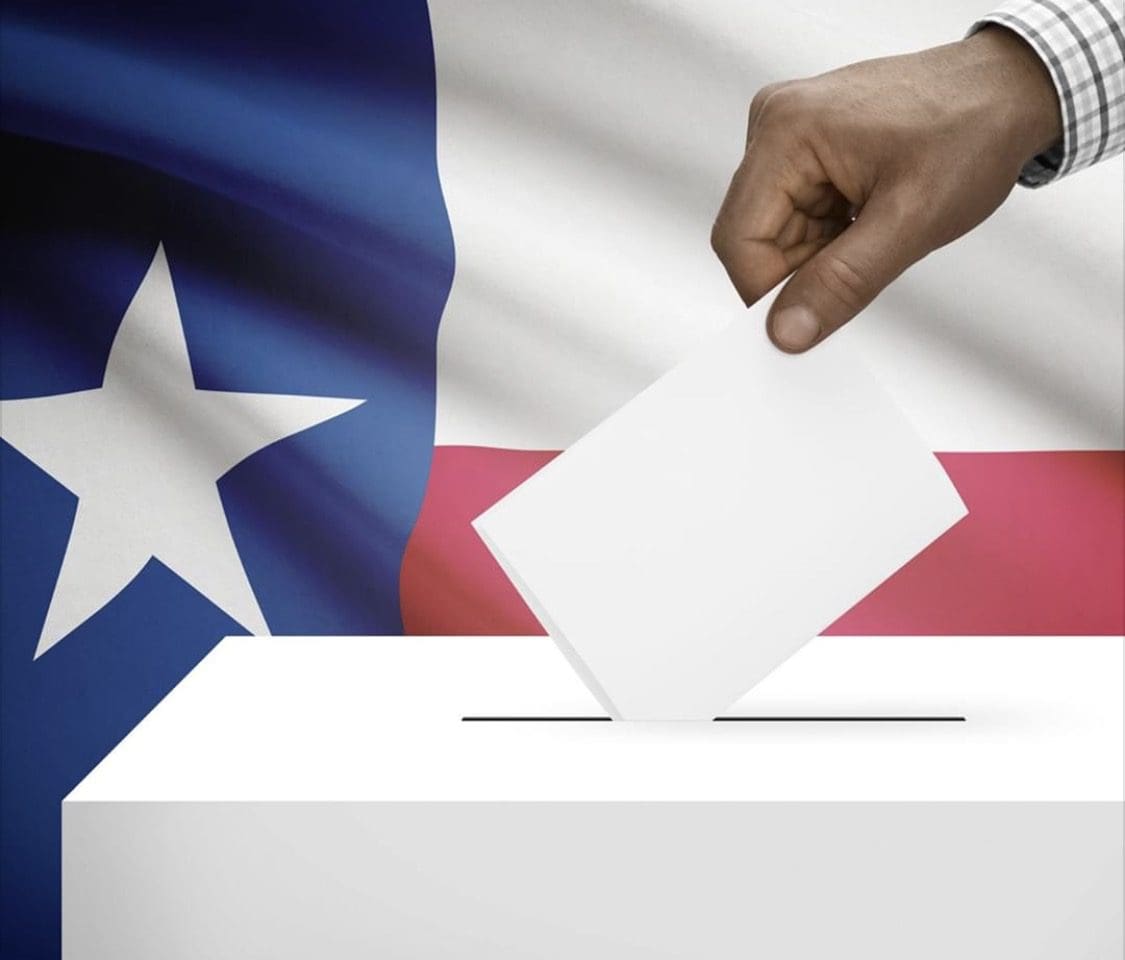Key legislation to make Texas elections more transparent and secure is moving closer to passage this week in a race against deadlines for bills from the state Senate to advance through the House. But the House must act quickly this week to keep the reforms alive.
House bills that failed to pass the chamber by last Thursday’s deadline died on the calendar. Bills from the Senate aren’t dead yet but must be reported out of House committees by Saturday to have a chance at passing.
This session’s highest-priority election integrity legislation, Senate Bill 9, is set for a hearing in the House Elections Committee on Wednesday. The omnibus bill, authored by State Sen. Bryan Hughes (R–Mineola), addresses a wide range of election security and transparency issues and includes provisions to curb mail ballot voter fraud and illegal voter assistance. SB 9 is expected to draw extensive public testimony both for and against the measure.
The Elections Committee met Monday to hear public testimony on Senate bills, including two from State Sen. Pat Fallon (R–Prosper) targeting school district election practices.
Senate Bill 1048 moves all elections for school board members and school bonds to November, when voter turnout is highest. (November tax rate elections are part of property tax reform.) Eliminating “hide the vote” special elections for multimillion-dollar bond debt would increase participation in the high-stakes elections that routinely draw single-digit turnout.
In just one recent example, Cy-Fair Independent School District passed a $1.76 billion bond earlier this month with a paltry 4.6 percent of voters participating, Texas Public Policy Foundation’s Shelby Sterling told the committee.
Senate Bill 1569 makes all school district electioneering on the taxpayers’ dime or time a Class A misdemeanor. The bill specifically prohibits school officials, employees, or contractors from using taxpayer money or district resources to distribute a communication in any form—including district email or social media—that advocates for or against a political measure, candidate, or party. No electioneering is allowed during work hours.
“This bill is not addressing some hypothetical or imaginary malfeasance,” said Alan Vera of the Harris County Republican Party Ballot Security Committee, testifying in favor of the measure. “We’ve seen and documented multiple examples of every action addressed by SB 1569.”
Texas Association of School Boards and Texas Classroom Teachers Association representatives said they agreed school resources shouldn’t be used for electioneering, yet both spoke against the bill. TCTA general counsel Lonnie Hollingsworth told lawmakers he was fine with holding superintendents accountable for illegal electioneering, but not teachers. TASB’s Ruben Longoria, who also opposed moving to higher-turnout November elections, said school electioneering complaints should be resolved in the courts.
The League of Women Voters of Texas opposed the electioneering ban as well, claiming it “potentially threatens the civic education of public school students” and would “intimidate” educators.
“We can separate civic engagement from advocacy,” countered Plano resident Mike Openshaw. “We need to teach the separation of the two.”
The committee also voted on Monday to advance several pending bills.
Senate Bill 902, a transparency measure authored by Hughes, improves public access to election records. Committee members unanimously recommended SB 902 to the Local and Consent calendar, a fast-track option for noncontroversial bills to pass the House without further debate.
The committee recommended Senate Bill 1638 to the Local and Consent calendar as well. The bill by State Sen. Judith Zaffirini (D–Laredo) helps detect mail ballot fraud by allowing election officials to compare signatures on multiple mail ballot envelopes and requiring mail-in and in-person early voting ballots to be stored and reported separately.
Fallon’s Senate Bill 1568 adds $1,000 fines on top of the criminal penalties for organized election fraud and allows the attorney general to seek an injunction to stop criminal activity during an election. SB 1568 was approved by a 5-3 party-line vote and will advance to the Calendars Committee, which decides what bills are put on the House calendar for a vote.
Bills addressing voter eligibility and voter roll maintenance failed to advance, though similar provisions could be tacked on to SB 9 as floor amendments or in conference committee.
Even bills reported out of House committees by Saturday might not make it onto the House calendar in time to receive a floor vote by next Tuesday’s deadline. The House must work quickly to keep SB 9 and other priority election reforms alive.





